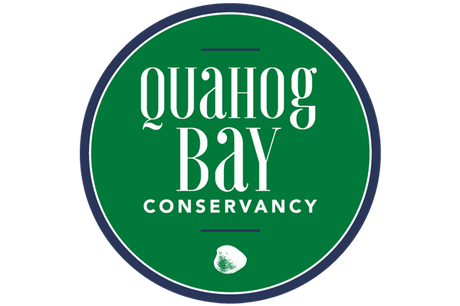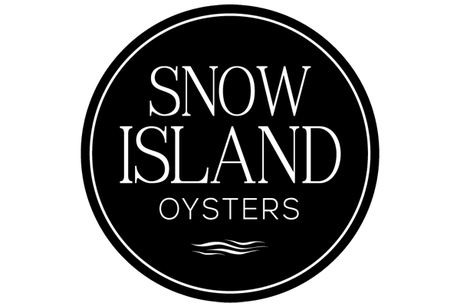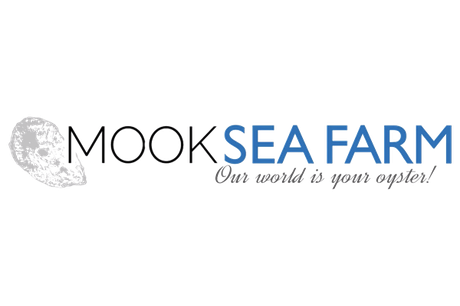Commercial Oyster Demonstration Farm Partnership
Keeping track of the factors that lead to the successful development of oyster farms in Maine
Our project documents the growth of a small oyster farm as it scales to commercial level operations. By keeping track of the successes, challenges, financial information, and business planning factors that small oyster farms encounter as they scale up operations, we can provide guidance to other small farms and promote the growth of Maine’s aquaculture industry.
Project Goals:
- Generate real-world financial data to equip Maine’s pre-revenue oyster farms with the critical business planning information they need to successfully scale.
- Assist the Snow Island Oysters farm as they grow to a commercial scale, document the process, and share our findings.
- Help aquaculture businesses understand and prepare for the financial and operational challenges that come with scaling up their farm operations.
- Help more farms make it out of the pre-revenue phase of their businesses by providing real-world financial information of a commercial scale oyster industry.
- Support sustainable growth of Maine’s aquaculture industry by helping small aquaculture businesses succeed.
There is an abundance of oyster farming support resources in Maine, yet some critical resources like detailed financial information about real-world costs, revenues, profits, and losses of a commercial-scale oyster farm remain unavailable. Without this business planning information, new farms must learn as they grow, often repeating avoidable mistakes made by other farms. Maine has seen a precipitous increase in startup oyster farms, with an estimated 40% or more of the industry in the pre-revenue business phase. Most of these new businesses have small, 400-square-foot aquaculture permits and must transition to larger commercial leases to make commercial scale operations viable.
Scaling up and increasing production presents significant challenges that Maine's pre-revenue farmers may not anticipate or plan for. With new business failure rates generally estimated to be 50–80%, unanticipated issues in combination with the wide range of specific skills an entrepreneur must learn to succeed in this field could make that failure rate even higher for aquaculture farms. To help solve this problem, we partnered with the Quahog Bay Conservancy, whose mission to revitalize Quahog Bay in Harpswell, ME, involves creating an oyster farm demonstration project that will generate real-world financial data and equip Maine’s pre-revenue oyster farms with information they need to successfully scale up operations. Currently, the Quahog Bay Conservancy operates a small farm where Snow Island Oysters are grown. Our project goal is to facilitate scale-up of Snow Island Oysters to a commercial scale, document the process, and open the books to industry. The team also includes Jeff Auger of Mook Sea Farms and a professional aquaculture accountant. This case study will generate outputs that document our experiences scaling the farm alongside open-source financial records.
Key Staff
Read More
-
![Aquaculture Impact]()
Aquaculture Impact
As part of our new strategic plan, aquaculture has emerged as an opportunity for us to accelerate the growth of a diverse seafood economy. Our …
Announcements
-
![Collaborations Fuel Aquaculture Progress]()
Collaborations Fuel Aquaculture Progress
With support from a wide network of collaborators, our Aquaculture team advanced three important projects this year, including a workforce development strategy, an entrepreneur development …
Perspectives
-
![Aquaculture Analysis Shows Opportunity for Maine]()
Aquaculture Analysis Shows Opportunity for Maine
In a report published this fall, our aquaculture program team announced important findings from their recently completed market analysis for farmed shellfish in Maine.
Tidings
-
![Five Reasons to Eat Gulf of Maine Seafood]()
Five Reasons to Eat Gulf of Maine Seafood
We have an abundance of delicious, healthy seafood in the Gulf of Maine. Read on to see why you should feel good about eating seafood …
Perspectives






